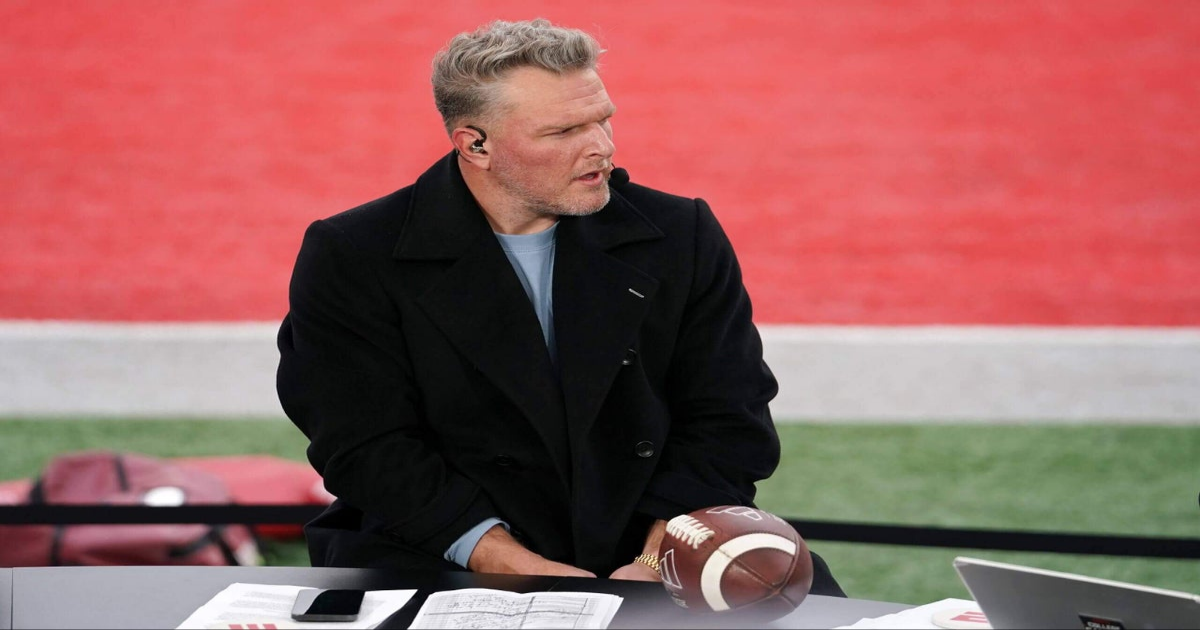It is now nearly two decades to the day since everything changed for talk show hosts. WFAN and MSNBC’s shock jock Don Imus called the women’s Rutgers’ basketball team “nappy-headed hos” on April 4, 2007.
Offensive language was not unusual for Imus, whose prominent broadcasting career was partly due to riling up listeners’ sensibilities. Top politicians and mainstream media members regularly appeared on Imus’ show, valuing the clout of his platform over its sometimes objectionable content.
A decade before Imus’ 2007 firing from WFAN/MSNBC, Time Magazine named him one of the 25 most influential Americans. In the decade after, Imus’ show didn’t change, but the digital world did.
For years, when reporters asked WFAN for tapes to verify comments they heard, its executives would claim there were none. Imus’ words would vanish into thin air after they were broadcast, a sound strategy to avoid accountability and litigation.
Then YouTube made every word accessible to the whole world. The “Say Anything” ethos of sports and talk radio suddenly had receipts. With YouTube, there was a record, and it played on an endless loop. It didn’t matter that Imus’ show billed millions in advertising; he was done on WFAN and MSNBC.
Much of sports and talk radio continues to be the Wild West as it competes with the anything-goes, endless stream of content of the internet.
This is how Pat McAfee, ESPN and a first-year Ole Miss student named Mary Kate Cornett have arrived at this moment. McAfee, on his daily talk show that is licensed by ESPN, spread a false rumor about Cornett and her boyfriend’s father.
In a story published Tuesday morning by The Athletic, Cornett and her father laid out how the whole mess transpired and highlighted the role McAfee, two Barstool Sports personalities and others played in spreading the rumor and its impact on them.
The 18-year-old Cornett, who was not a public figure, said that McAfee and ESPN are among those she plans to take legal action against.
For traditional media companies like Disney-owned ESPN, this exposes the fine line between staying young and edgy while still honoring its Mickey Mouse, family-friendly values.
McAfee’s rise in the media is an incredible story. An All-Pro punter with the Indianapolis Colts, he retired in 2017 from the NFL at 29 and with two seasons left on his contract. He went to Barstool Sports, which he used as a springboard for several jobs before eventually landing at ESPN. His daily talk show anchors the middle of the afternoon lineup, while he appears on its iconic pregame show, “College Football GameDay” in the fall.
He is in the middle of a five-year deal with ESPN that pays him more than $85 million. ESPN chairman Jimmy Pitaro and president of content Burke Magnus even granted McAfee the right to swear on the air.
Since its inception, sports radio has been an ecosystem where facts are often optional. Hosts have to come off as all-knowing, but their jobs are to gain attention, not to be right. Nothing about that has changed, other than the fact their words are now recorded, replayed and scrutinized.
Defenders of Imus back in the day, or McAfee now, might say the hosts were just joking around, it’s just comedy or that McAfee’s use of the word “allegedly” takes him off the hook. For McAfee’s diehard audience, this may be justification enough. But when you read what Cornett has been through, how her life was irrevocably changed by an untrue rumor, however you look at what McAfee said, he poured gas on a fire.
Nearly two decades after Imus, the talk show game is the same, but the world around it has changed. There are receipts, and possibly consequences.
(Photo of Pat McAfee: Jason Mowry/Getty Images)
